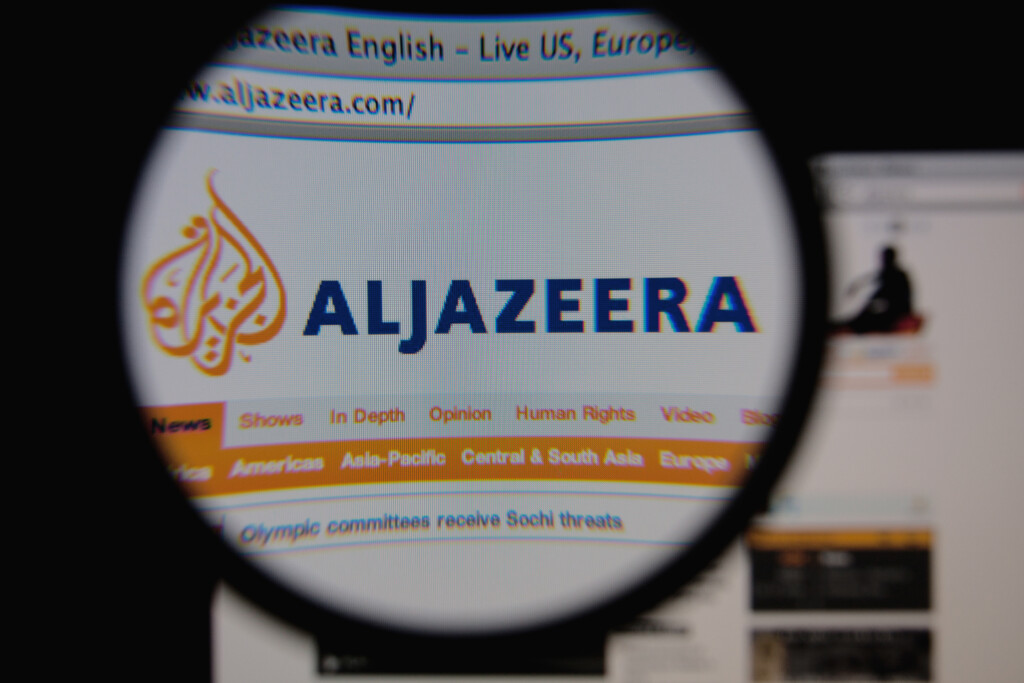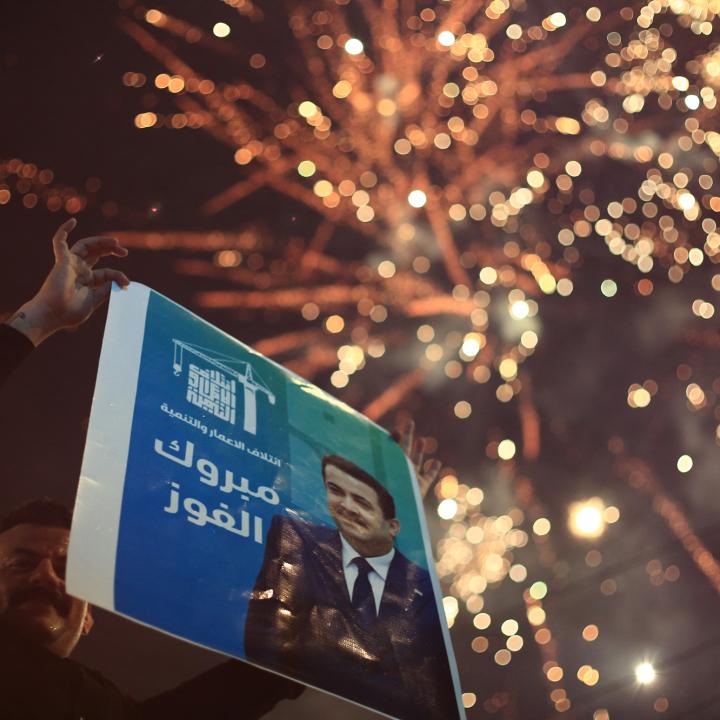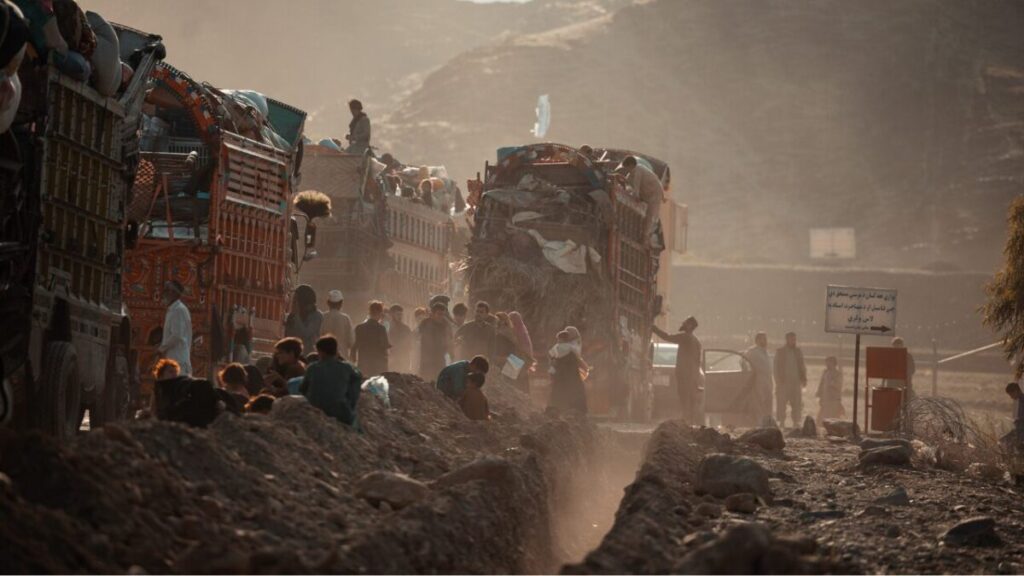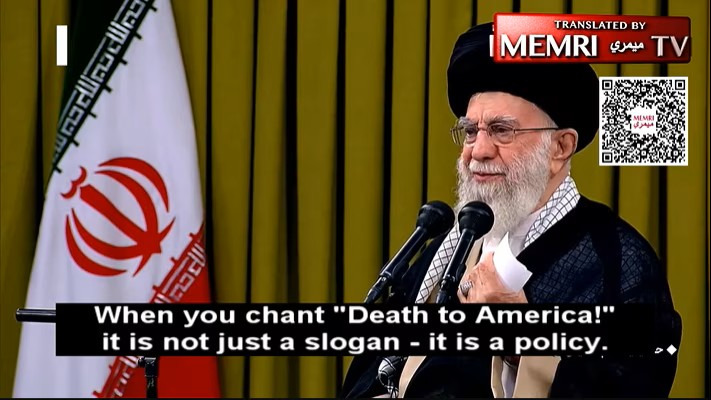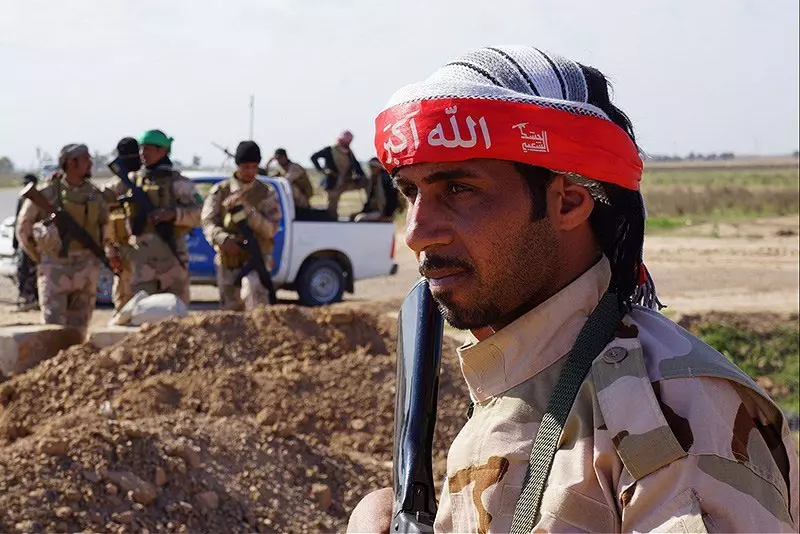Renewed US Engagement in Bosnia Can Help Fulfil Promise of Dayton
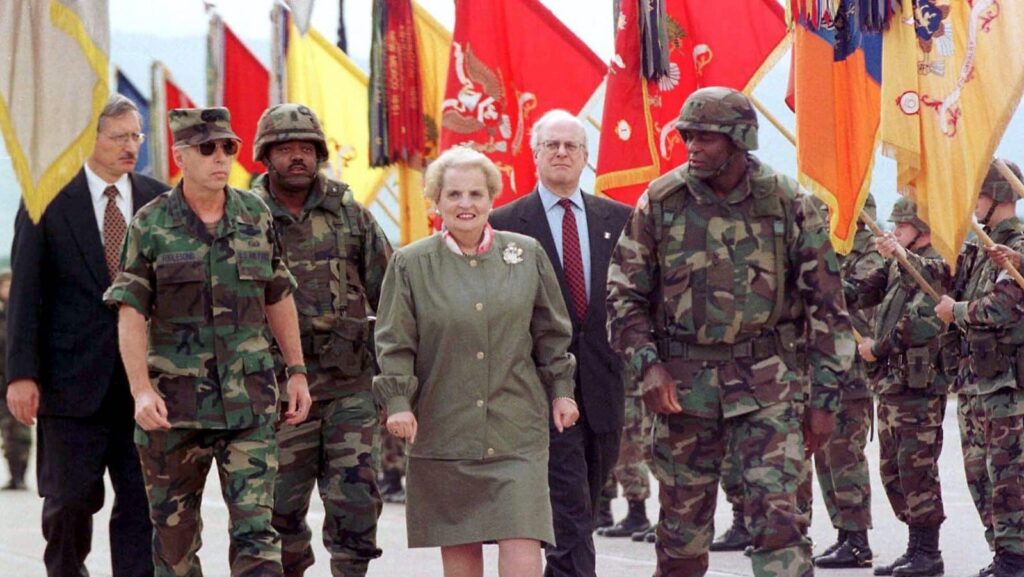
This month marks the 30th anniversary of the signing of the Dayton Peace Agreement, the US-brokered framework that ended the brutal 1992–95 Bosnian war, halted genocide, and placed Bosnia and Herzegovina on the path to peace.
Much of the world remembers Dayton as a diplomatic achievement that stopped the bloodshed. Yet its enduring significance lies in something more ambitious and noteworthy: it created the framework through which Bosnia’s people could rebuild, reform, and reconnect with the world.

